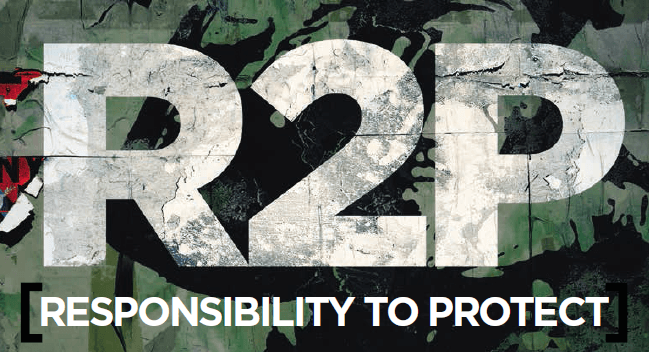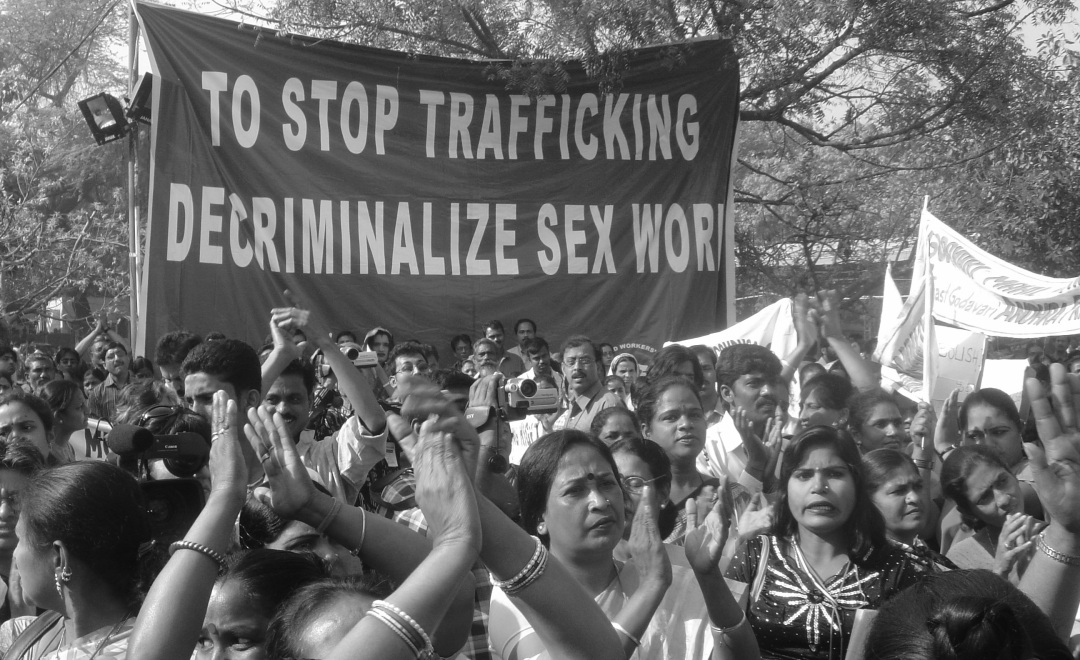Harshita Sharma and Kirthana Shivakumar Consider travelling back in time to when eyewitness testimony was the only source of evidence, the time when word-of-mouth was the only source of information. That is precisely where the advent of deepfake technology is taking this society: to a time when we can no longer believe what is recorded … Continue reading The Dismal Reality of Deepfake Technology: A Bane to Human Rights Violation Cases
The Responsibility to Protect (R2P): Under what circumstances might the Security Council sanction an intervention to prevent or halt mass atrocities be justifiable, whether legally or otherwise?
Adity Rahman Shah The core principle of Responsibility to Protect (R2P) postulates that the state sovereignty implies responsibility,[1] i.e. the state is imposed with the primary responsibility to protect the population from persecution and when it is required, the responsibility even extends beyond the border. In other words, a state has an obligation, under certain circumstances, … Continue reading The Responsibility to Protect (R2P): Under what circumstances might the Security Council sanction an intervention to prevent or halt mass atrocities be justifiable, whether legally or otherwise?
Critiquing the Investor-Friendly Nature of Bilateral Investment Treaties: A Human Rights Perspective
Isha Khurana Introduction The credit for the success we see in international investment has been largely attributed to Bilateral Investment Treaties (hereinafter BITs). BIT’s have been used historically, as a means to promote foreign trade, especially for developing nations that were in dire need of funds after several wars. However, in doing so, they seem to … Continue reading Critiquing the Investor-Friendly Nature of Bilateral Investment Treaties: A Human Rights Perspective
A Response to the Maximalist Approach to Criminal Law and the Problem of Over-Criminalization
An excessively maximalist approach contradicts the theory of criminalization, which states that the state can impose penal sanctions and that if it does not legislate within these limits, it leads to an explosion of criminal laws and an inconsistent, unreliable criminal justice system. Overcriminalization causes disproportionate sentences, jail congestion, and targeting marginalised populations, for instance, according to the NDPS.
DECRIMINALISATION: RESOLVING THE CONUNDRUM BETWEEN “SEX TRAFFICKING” AND “SEX WORK”
Aditi Gupta & Udai Yashvir Singh ABSTRACT This article attempts to discuss and address the hazards of conflating “sex work” and “sex trafficking”. It aims to shed light on how criminalization of sex work due to this conflation negatively impacts the lives of sex workers. Further the article analyses whether sex work must be criminalised or … Continue reading DECRIMINALISATION: RESOLVING THE CONUNDRUM BETWEEN “SEX TRAFFICKING” AND “SEX WORK”





